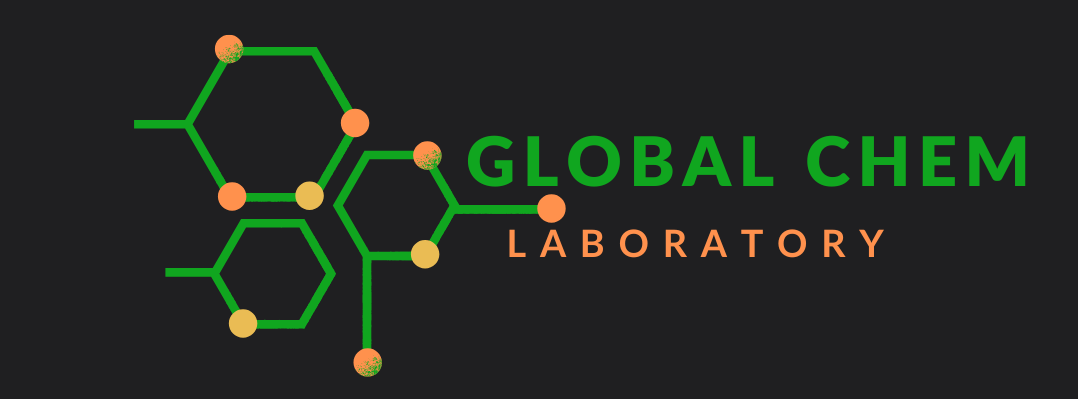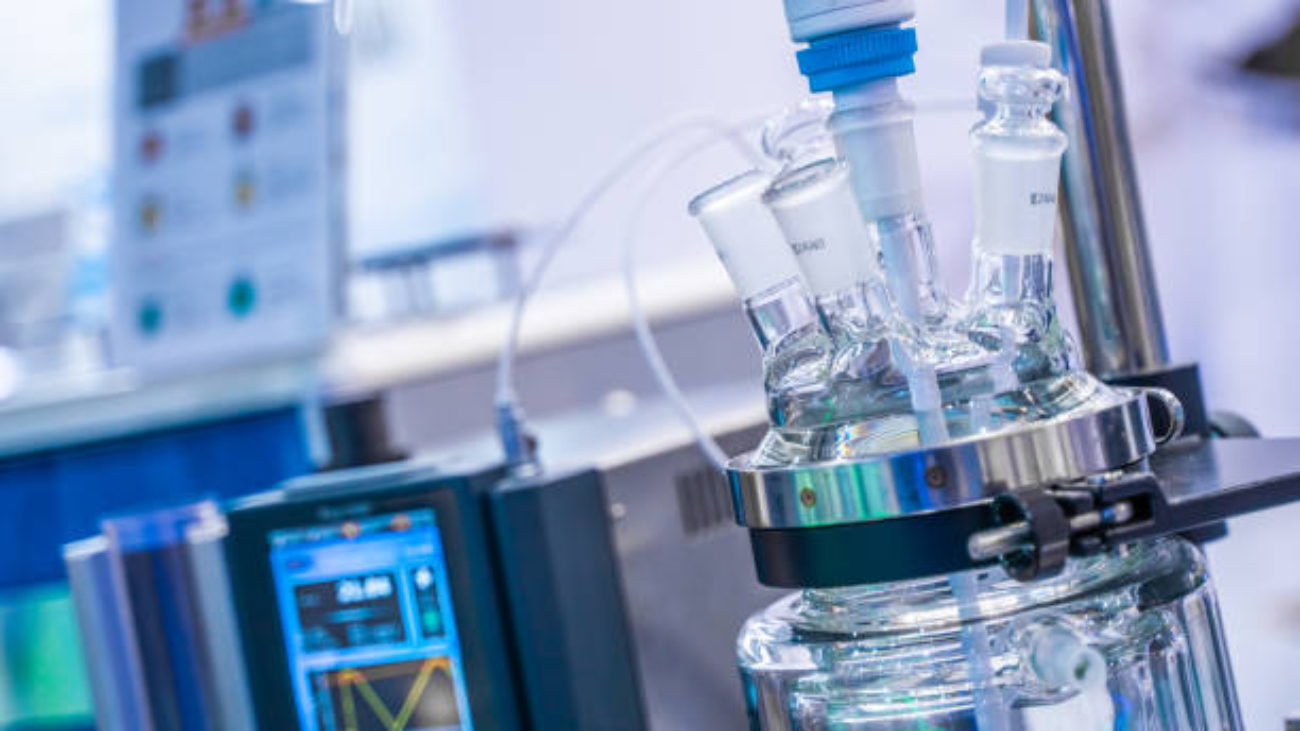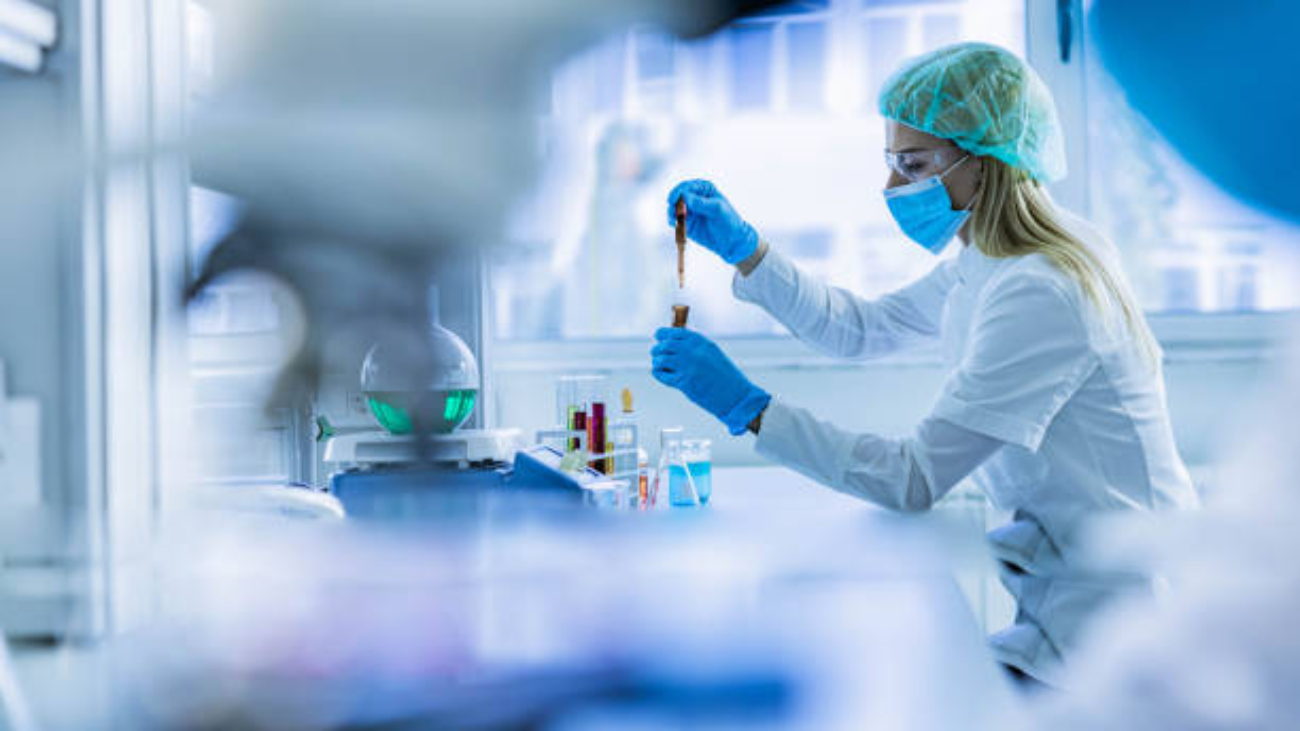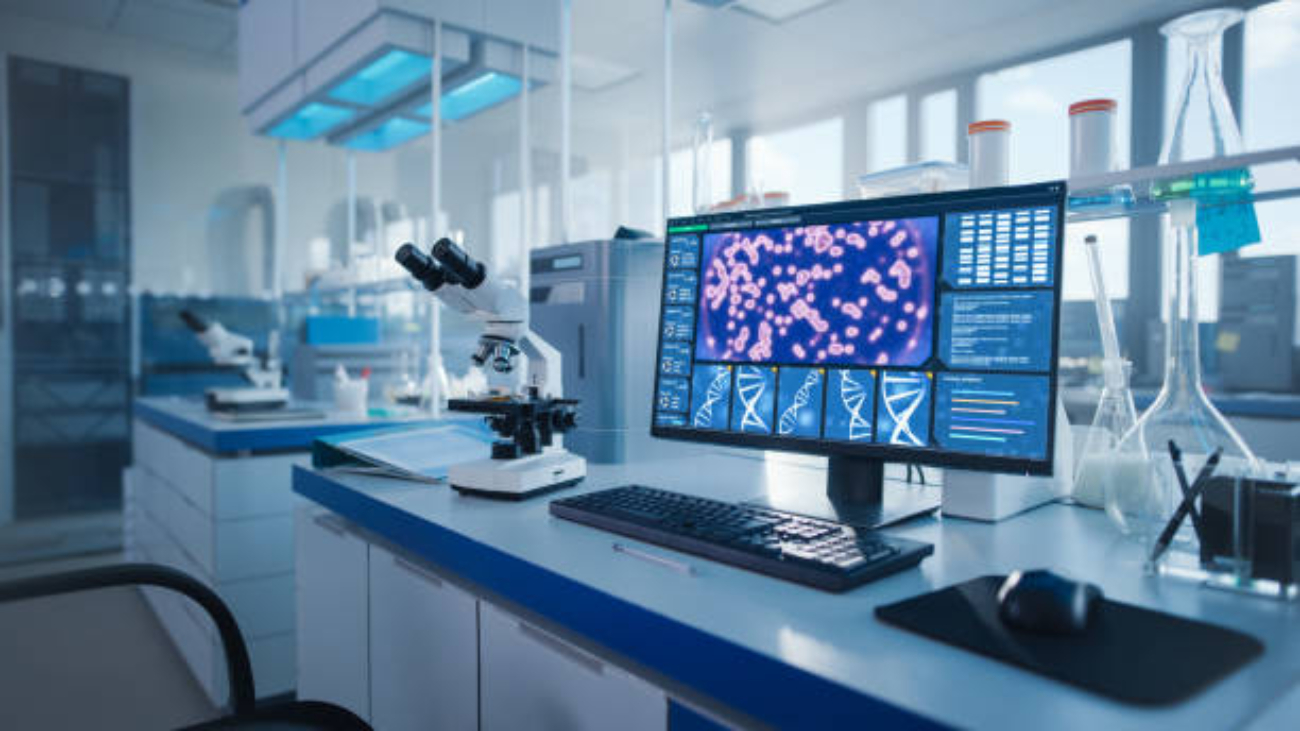Sustainable Practices in Chemical Synthesis: A Green Chemistry Perspective
Sustainable chemical synthesis is revolutionizing the way we approach the production of chemicals, focusing on minimizing environmental impact while maintaining efficiency. By adopting green chemistry principles, scientists and industries are finding innovative ways to reduce waste, conserve resources, and create eco-friendly processes. At Global Chem Lab, we are committed to integrating sustainable practices into every aspect of chemical synthesis.
What Is Sustainable Chemical Synthesis?
Sustainable chemical synthesis involves designing chemical processes that are efficient, environmentally benign, and economically viable. The principles of green chemistry, established by the American Chemical Society (ACS), guide these efforts, emphasizing waste reduction, energy efficiency, and the use of renewable feedstocks.
Key Principles of Green Chemistry
1. Prevention of Waste
Instead of managing waste after production, green chemistry focuses on preventing it at the source. This approach is applied in processes like:
- Atom economy, where all reactants are incorporated into the final product.
- Advanced purification techniques to minimize byproducts, such as Analytical and Purification Services.
2. Use of Renewable Resources
Sustainable synthesis prioritizes renewable feedstocks over depleting natural resources. For instance, bio-based chemicals derived from plant materials replace petroleum-derived products.
3. Energy Efficiency
Chemical reactions are designed to operate under milder conditions, reducing energy consumption. Techniques such as microwave-assisted synthesis and enzymatic catalysis exemplify energy-efficient processes.
4. Safer Solvents and Reagents
Traditional solvents like benzene are replaced with eco-friendly alternatives like water or ethanol. At Global Chem Lab, we emphasize the use of non-toxic and biodegradable solvents in Custom Chemical Synthesis.
Applications of Sustainable Chemical Synthesis
1. Pharmaceutical Manufacturing
Sustainability in the pharmaceutical industry is critical for reducing the environmental impact of drug production. Using green methods, compounds like Active Pharmaceutical Ingredients (APIs) are synthesized with minimal waste.
2. Material Science
Innovations in Material Science and Polymer Synthesis allow for the creation of biodegradable polymers, reducing the dependency on plastics.
3. Agrochemical Production
Eco-friendly pesticides and fertilizers are produced through green synthesis techniques, improving agricultural sustainability.
4. Specialty Chemicals
Industries like electronics and cosmetics rely on sustainable practices to produce high-purity specialty chemicals with reduced environmental footprints.
Innovative Approaches in Green Synthesis
1. Catalysis for Efficiency
Catalysts play a crucial role in sustainable synthesis:
- Heterogeneous catalysts: Recyclable and efficient for large-scale production.
- Biocatalysts: Enzymes that enable reactions under mild conditions.
2. Green Reaction Media
Switching from volatile organic compounds (VOCs) to green solvents like ionic liquids or supercritical CO₂ enhances both safety and efficiency.
3. Renewable Feedstocks
Biomass-derived chemicals, such as lignin-based compounds, are replacing traditional petrochemicals.
4. Continuous Flow Synthesis
This method allows for real-time monitoring and minimizes waste by producing chemicals only as needed.
Benefits of Sustainable Practices
1. Environmental Benefits
- Reduction in greenhouse gas emissions.
- Decreased water and air pollution.
2. Economic Advantages
- Cost savings from efficient processes and waste reduction.
- Competitive edge from eco-friendly certifications and practices.
3. Social Impact
- Safer working conditions for employees.
- Products that align with consumer demand for sustainability.
Global Chem Lab’s Commitment to Sustainability
At Global Chem Lab, sustainability is at the heart of our operations.
1. Green Chemical Synthesis
Our Green Chemistry and Sustainability Solutions focus on eco-friendly synthesis routes that reduce waste and utilize renewable materials.
2. Advanced Analytical Services
We ensure high purity and safety standards through state-of-the-art Analytical Services, minimizing the need for reprocessing.
3. Continuous Innovation
Our R&D team constantly explores new methods to enhance sustainability in chemical synthesis, from catalyst design to renewable feedstocks.
Case Studies: Green Chemistry in Action
1. Pharmaceutical Innovations
Through sustainable synthesis, we’ve enabled clients to produce APIs with up to 30% less waste, such as in the case of N-Desethylprotonitazene HCl.
2. Biodegradable Polymers
Our work in Material Science has led to the development of compostable resins for packaging industries, reducing plastic pollution.
Challenges and Future Directions
While the benefits are clear, implementing sustainable practices comes with challenges:
- Initial Costs: The transition to green technologies can require significant investment.
- Knowledge Gaps: Training is essential for adopting new methodologies.
Despite these challenges, the future of sustainable chemical synthesis is bright, with advancements in AI and automation driving efficiency and innovation.
Explore Related Topics
Conclusion
Sustainable practices in chemical synthesis are not just an option—they are a necessity for the future of the chemical industry. By embracing green chemistry principles, we can create processes that are efficient, eco-friendly, and economically viable.
At Global Chem Lab, we are proud to be leaders in this field. Contact us today to learn how we can support your sustainability goals.

 Cart is empty
Cart is empty 



